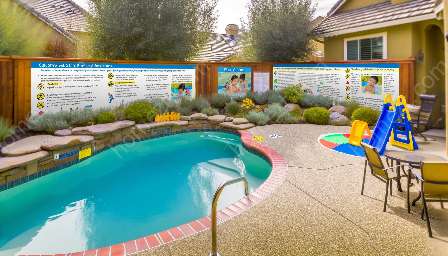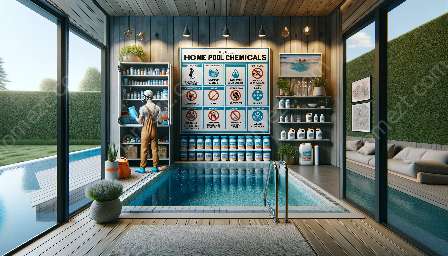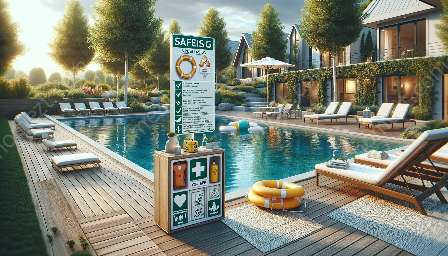When it comes to ensuring the safety and security of your home pool, proper lifeguard training and awareness play a crucial role. As a homeowner, it's essential to understand the best practices for home pool safety to prevent accidents and create a secure environment for your family and guests.
The Importance of Lifeguard Training
Lifeguards are trained to recognize and respond to potential water-related emergencies, making their expertise invaluable for home pool safety. By undergoing lifeguard training, homeowners gain the skills and knowledge necessary to prevent and respond to accidents in and around their pool.
Key Aspects of Lifeguard Training for Home Pool Safety
1. CPR and First Aid: Lifeguard training includes comprehensive instruction on cardiopulmonary resuscitation (CPR) and first aid techniques, which are essential for addressing pool-related emergencies.
2. Water Rescue Techniques: Proper training equips individuals with the ability to perform water rescues and safely remove individuals from the water in the event of an emergency.
3. Pool Safety Rules Enforcement: Homeowners learn to enforce pool safety rules and educate guests on best practices to prevent accidents and ensure a secure swimming environment.
Implementing Home Pool Safety Measures
Aside from lifeguard training, there are several additional measures that homeowners can take to enhance home pool safety:
- Installing appropriate safety barriers such as fences and gates to restrict access to the pool area.
- Ensuring the pool area is equipped with essential safety equipment, including lifebuoys, reaching poles, and emergency communication devices.
- Maintaining clear visibility and unobstructed sightlines around the pool area to monitor activity effectively.
- Regularly inspecting and maintaining pool equipment and infrastructure to prevent hazards.
Building a Culture of Safety
Creating a culture of safety around the home pool is crucial for promoting and maintaining a secure environment. This includes educating family members and guests on pool safety practices, establishing clear rules and guidelines, and ensuring everyone understands the importance of adhering to safety protocols.
Regular Training and Refresher Courses
Continuous education and training are essential for keeping home pool safety measures top of mind. Homeowners should consider participating in refresher courses and staying updated on the latest safety practices and protocols.
Conclusion
Lifeguard training for home pool safety plays an integral role in mitigating potential hazards and promoting a secure environment for family and guests. By prioritizing proper training and implementing comprehensive safety measures, homeowners can enjoy their home pool with peace of mind, knowing that they are well-prepared to prevent and respond to emergencies.

























